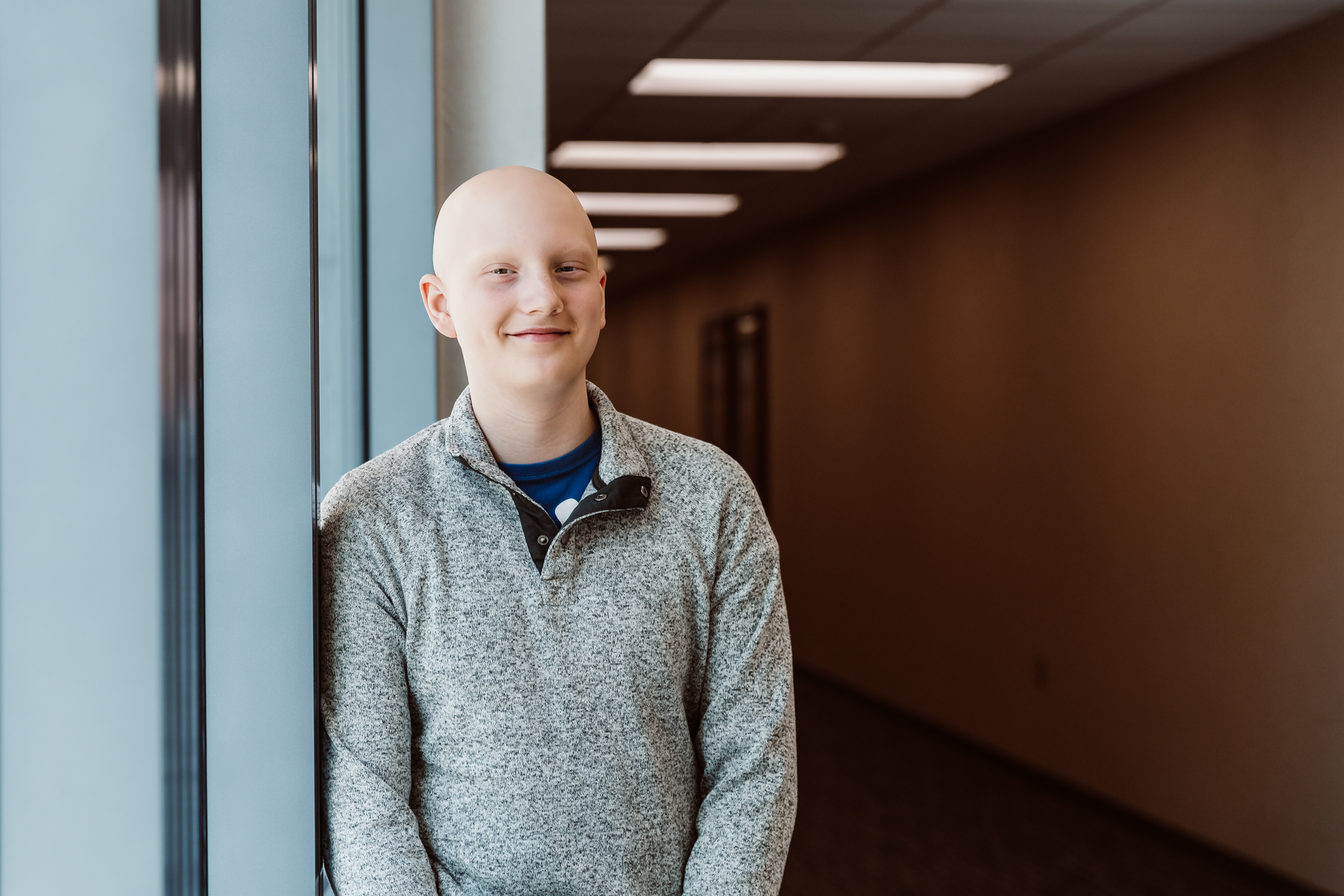
Bolton’s Bravery
With specialized, comprehensive care in hospitals tailored to the unique needs of pediatric patients, children’s hospitals help children and teens like Bolton defy the odds.
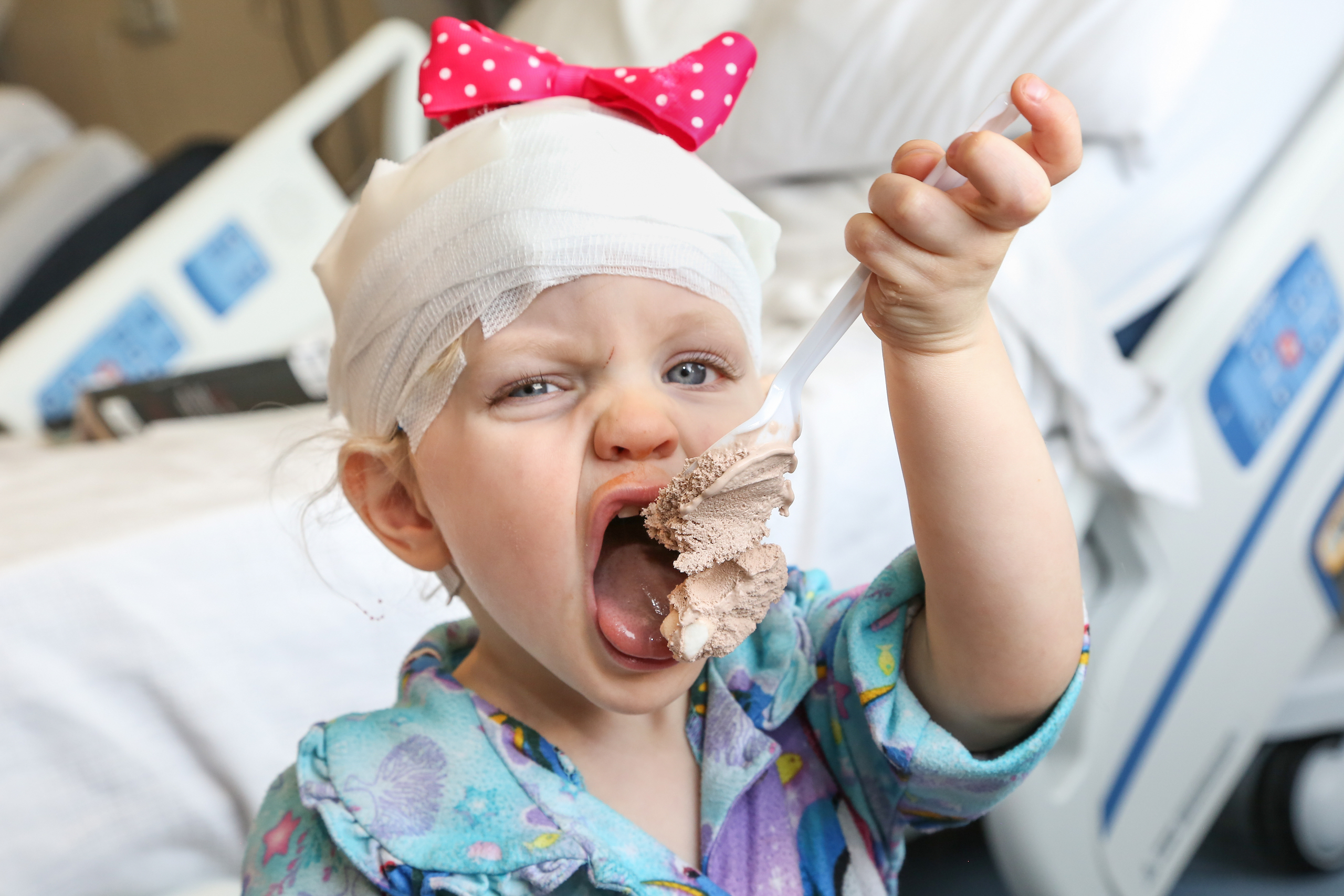
Every day, children’s hospitals help make moments possible. From providing access to the comprehensive care that children need to grow up to supporting children, teens, and their families with specialized treatment for some of the most complex illnesses. Discover more about the moments made possible by children’s hospital through patient stories from around the country.

With specialized, comprehensive care in hospitals tailored to the unique needs of pediatric patients, children’s hospitals help children and teens like Bolton defy the odds.
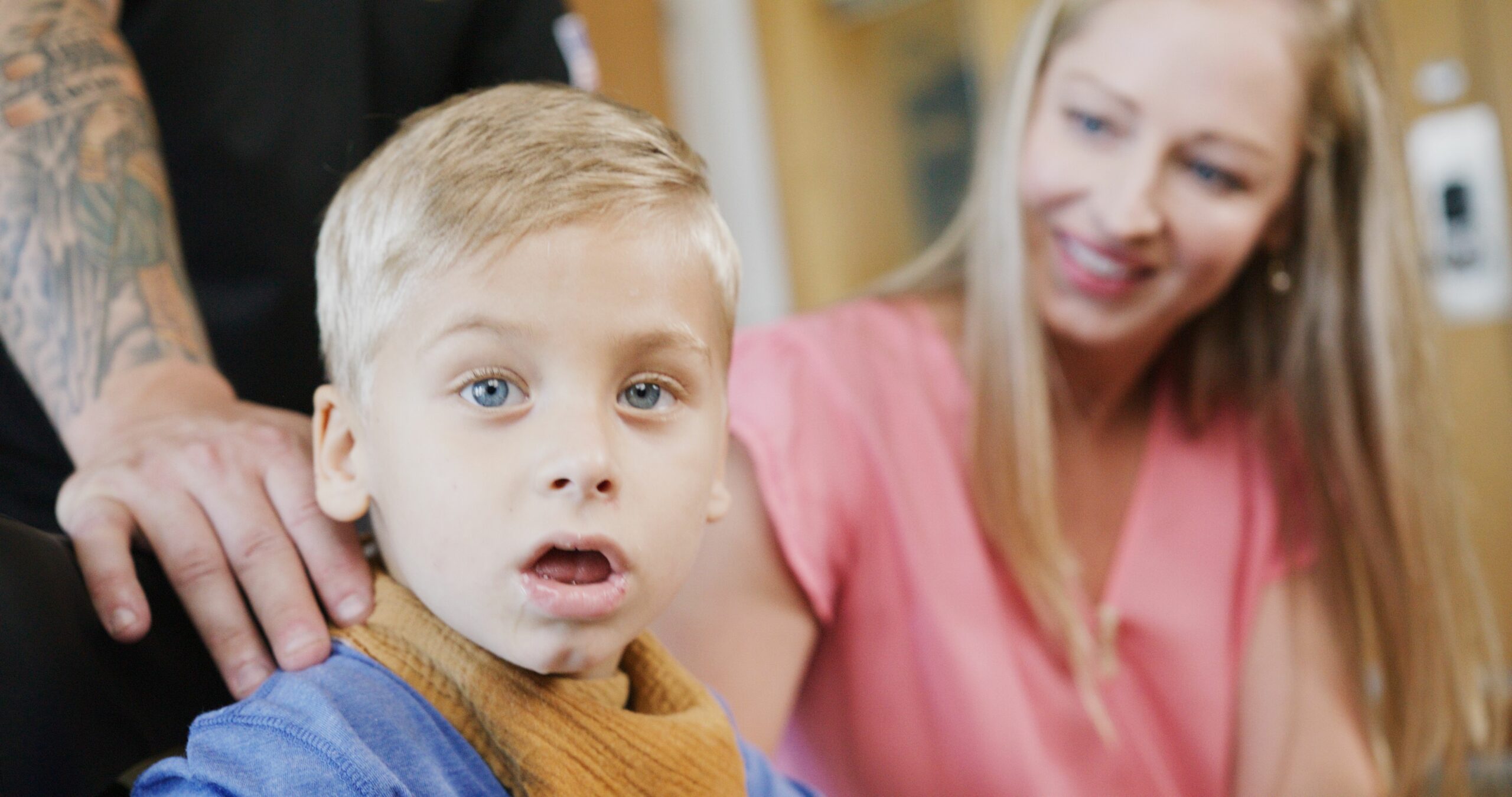
Children’s hospitals provide advanced care for the most complex conditions in environments specially designed for pediatric patients, allowing children like Isaac to thrive.
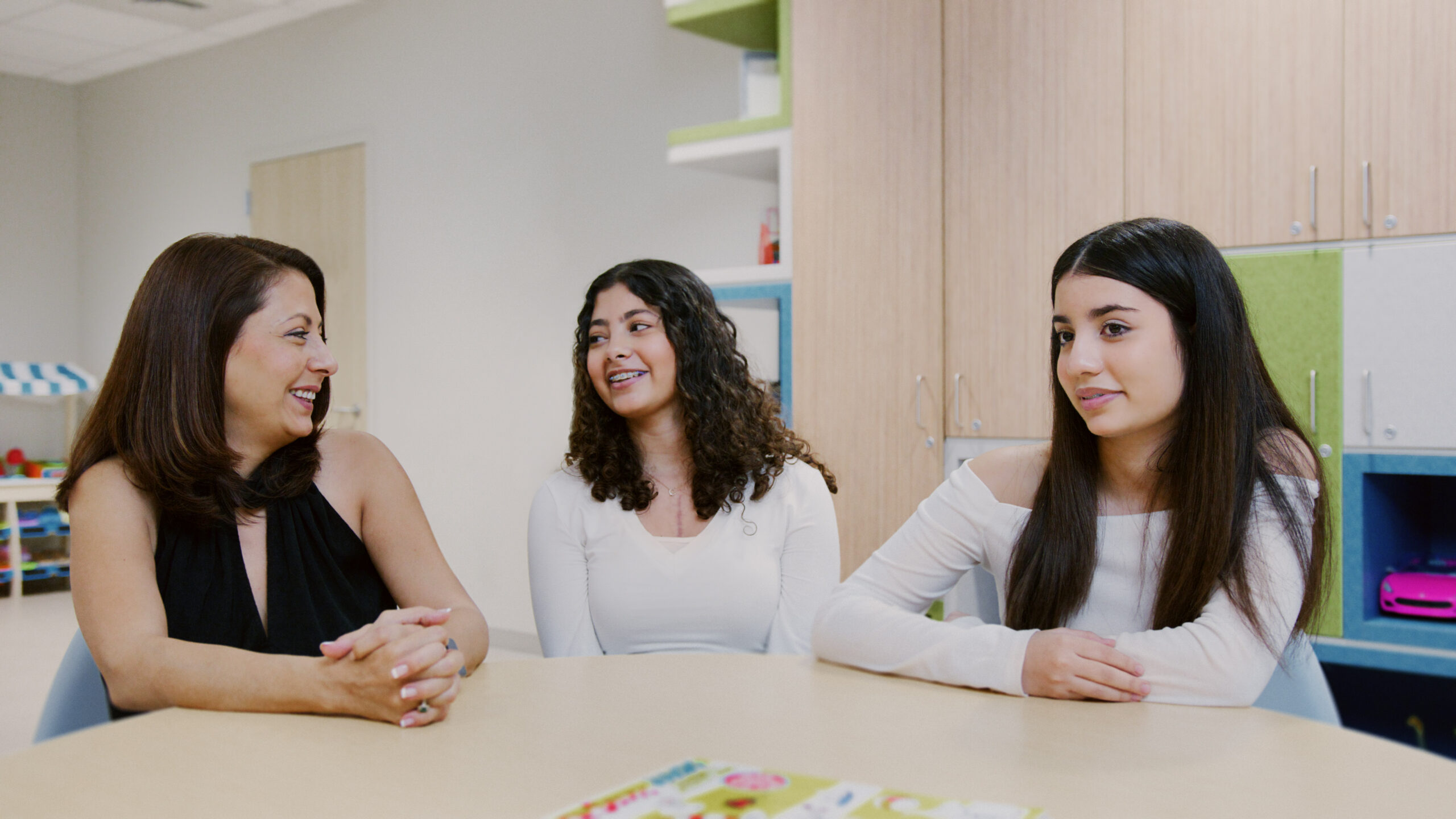
The specialized multidisciplinary teams at children’s hospitals ensure that children and teens – like Cami – can beat multiple complex conditions like cancer and heart failure.
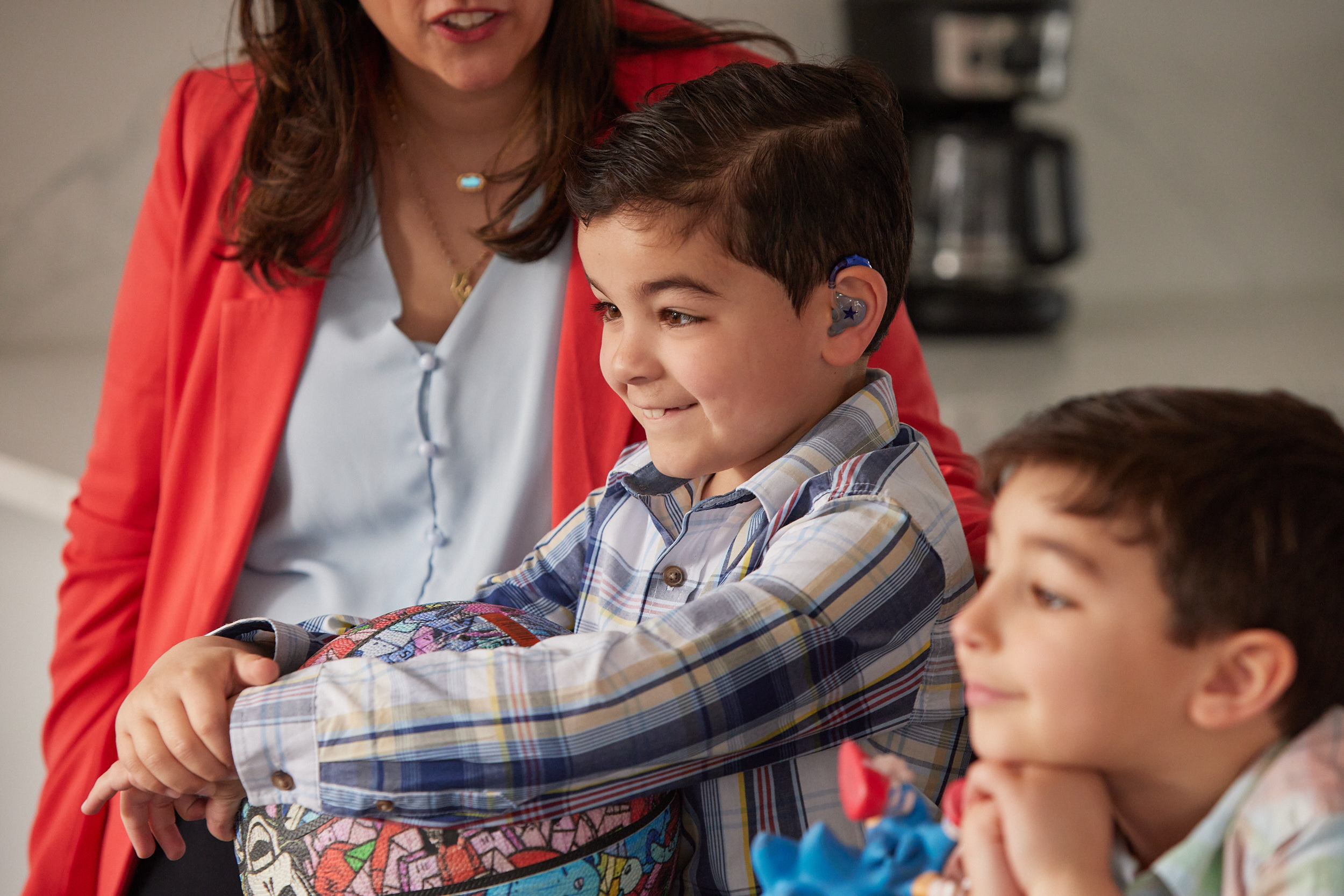
The advanced, specialized care that children’s hospitals provide make moments – like Joseph beating pediatric brain cancer – possible.
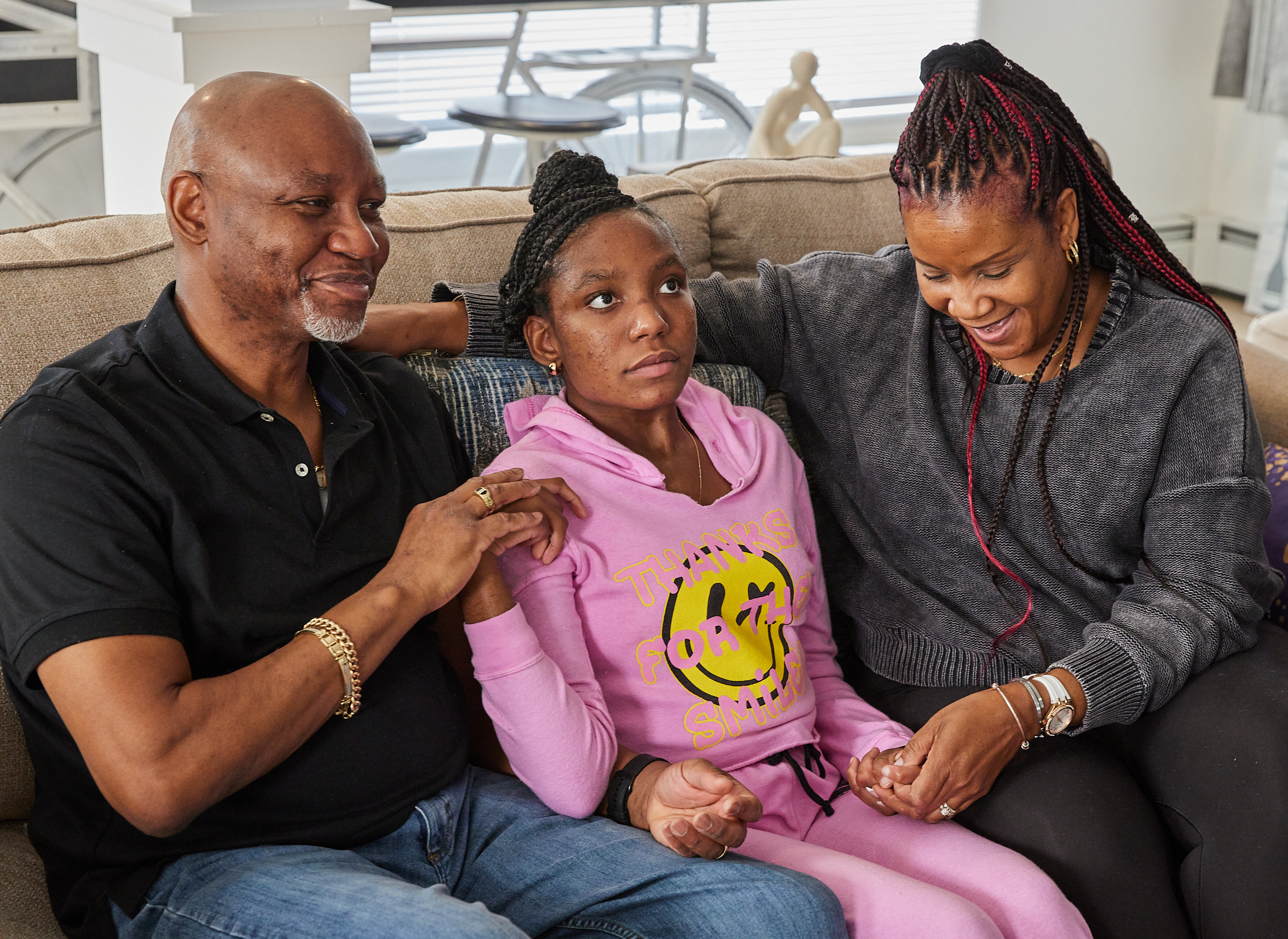
With care delivered by specially trained pediatric clinicians, in environments designed just for children, children’s hospitals help children and teens – like Daniella – navigate complex medical conditions.

When Sriansh was just three months old, his family grew concerned as he slept most of the day, arched his back, and could not control his eye movement. His parents brought him to Cincinnati Children’s, where he was diagnosed with AADC deficiency, a rare genetic disorder that disrupts dopamine and serotonin production in the brain. Sriansh’s family was told he might never walk, talk, or lift his head. But thanks to an experimental gene therapy clinical trial, his story took a groundbreaking turn. At just 16 months old, Sriansh became the youngest child in the world to receive a one-time gene therapy treatment, delivered directly into the brain through a minimally invasive surgical technique. His care team inserted an engineered virus carrying the missing gene, allowing his brain to begin producing the essential chemicals it lacked. Today, Sriansh is walking, running, and thriving because of this innovative clinical trial. This pioneering work helped lead to the first-ever FDA-approved gene therapy administered directly to the brain, offering hope for patients with rare genetic diseases once thought untreatable.

During Gavin’s first few years of life, he struggled with rashes, severe abdominal pain, and high fevers. When he started kindergarten, a trip to Johns Hopkins All Children’s Hospital changed everything. Doctors conducted thorough testing and discovered the underlying cause of Gavin’s pain: Crohn’s Disease. Crohn’s Disease is an inflammatory bowel disease that causes chronic pain and inflammation in the digestive tract. Gavin began monthly infusions, and his nurses quickly became a source of care and comfort. From bringing him toys to playing games, he always felt at home with his team. The infusions proved to be a success, ultimately allowing Gavin to enter remission! Gavin and his family felt so supported throughout his treatments that they wanted to do something in return. They’ve organized multiple donation drives, collecting hundreds of new toys for the hospital. Through their help, other pediatric patients can experience the same fun and welcoming environment that comforted Gavin through his treatments. Now in sixth grade and still in remission, Gavin loves playing golf, swimming, and playing with Legos.

From the moment Luciana was born prematurely, she’s been a fighter. She entered the world facing multiple challenges, including a three-centimeter difference in leg length and foot sizes. When she turned three, she had her first procedure at Nicklaus Children’s Hospital to help her walk straight and correct her foot. As she got older and eventually stopped growing, doctors needed to make her legs the same length. They used a new internal device that broke the bone and stretched it until it was the same size as her other leg. Today, thanks to the care she received, Luciana no longer limps and is an active teenager. While Luciana felt supported through her surgeries and rehabilitation at Nicklaus, she knows that resources for limb-lengthening surgeries can be limited. This inspired her to write a guide for teens undergoing similar procedures, providing physical and mental tips to navigate the challenges that come with the limb-lengthening process. She hopes her guide will help other teenagers remain optimistic through their unique journeys.
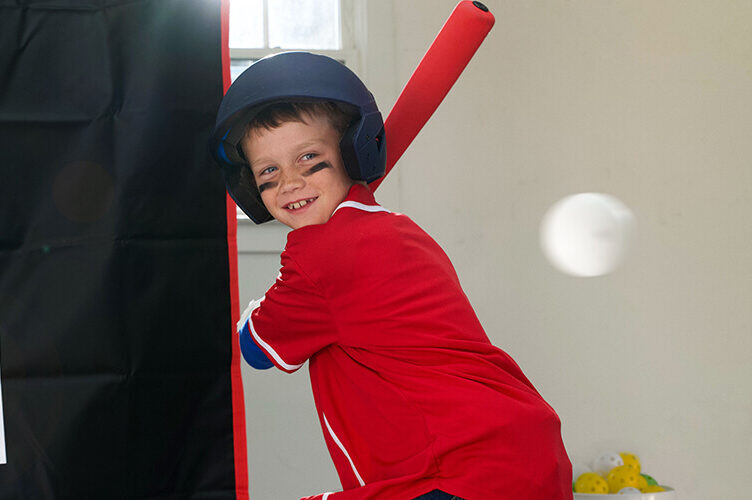
Eight-year-old Brittain was playing outside with his friend when a venomous snake bit his ankle. Brittain went into anaphylactic shock from the bite, and he was immediately taken in an ambulance to Atrium Health Levine Children’s Beverly Knight Olson Children’s Hospital. Once doctors secured his airway and stabilized his blood pressure, the team started Brittain on a medicine that reversed the effects of the snake’s venom. While he was on the medication, doctors had to place Brittain on a ventilator to help him breathe. During his hospital visit, Brittain was disappointed that he had to miss his baseball tournament. This is when the hospital’s child life specialist jumped into action, taking Brittain outside to play and bringing him a t-shirt from his favorite team: the Atlanta Braves! Brittain’s mom shared that these meaningful actions helped Brittain realize everything would be okay. After a few days of physical therapy, Brittain was able to go home—a day before his ninth birthday! As Brittain continues physical therapy to strengthen his ankle, he’s walking, running, and playing baseball again. While he still feels overwhelmed by the accident, his parents are helping him process residual fears and slowly bringing him back to his outdoor adventures.

Cole had been experiencing uncomfortable, painful ear infections for almost six months, but as an avid water polo player and surfer, he didn’t think much of it. But one day, he became so dizzy and nauseous during a water polo game he was sent to the ER. A CT scan revealed there was a tumor growing behind 14-year-old Cole’s left temporal bone. He was immediately taken to Children’s Hospital Los Angeles (CHLA) by helicopter. The tumor, made up of acute myeloid leukemia, was pushing on his brain, causing his painful symptoms. Cole began four rounds of intensive chemotherapy. From his doctors and nurses to security guards and child life specialists, every team member supported him through his treatment. When Cole finished his last day of chemotherapy, he was relieved and excited to be on the other side. His last day at the hospital was especially memorable – the LA Kings hockey team was visiting patients at CHLA, and Cole got to snap a picture with the whole team. A year later, Cole is enjoying tenth grade and has built back his strength through swimming, beach volleyball, and pickleball.
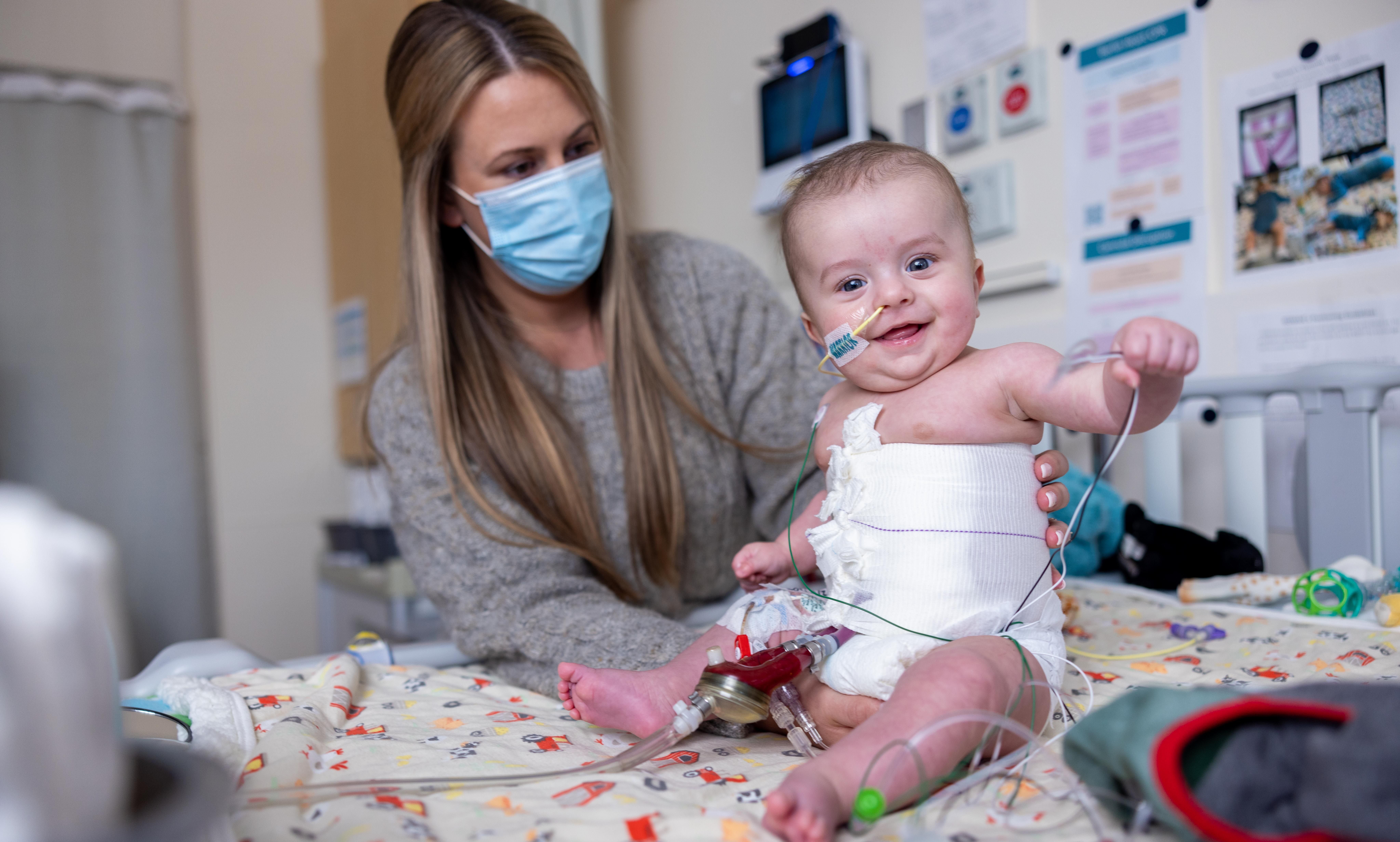
Ashley was in for a routine ultrasound when she learned her baby Roman had one of the most extreme cases of dilated cardiomyopathies doctors had ever seen in a fetus. A few weeks later, Roman was delivered at the University of Michigan Health C.S. Mott Children’s Hospital and was quickly placed on a ventricular assist device (VAD) as the care team discussed a long-term solution. His heart was too weak, and a heart transplant was the best path forward. After nearly six months on the transplant list, Roman received a heart. Roman’s transplant went well but as he and his family were settling in back home, Roman had to be readmitted to the hospital for a bad cold, given his immunocompromised status. Doctors found that Roman had post-transplant lymphoma, a common reaction to the anti-rejection medication taken after his transplant. He underwent a six-course treatment of two medications, and after four weeks, there was no detection of cancer! Now in remission, Roman is thriving and loving toddlerhood.

When Treasure was two, her parents noticed her abdomen was swollen and brought her to Kentucky Children’s Hospital. Multiple rounds of testing revealed Treasure had Gaucher disease, a rare genetic condition caused by a deficiency in the enzyme that breaks down lipids. This enzyme shortage causes lipids to build up and interfere with the liver and spleen’s functions. Treasure quickly began enzyme replacement therapy. Now 17 years old, Treasure has been attending bi-weekly enzyme treatments for as long as she can remember. Over the years, Treasure and her care team have both inspired each other. While these appointments are often time-consuming, Treasure’s care team is inspired by her academic success. And Treasure’s appreciation for her treatments and doctors has inspired her career goals—she’s currently enrolled in a pharmacy technician internship at Kentucky Children’s Hospital, working alongside the same nurses who watched her grow up. Once she graduates, she plans to study public health at the University of Kentucky and get involved with DanceBlue, a student-run 24-hour dance marathon that raises money for the clinic. Treasure can’t wait to support patients just as her care team has supported her!